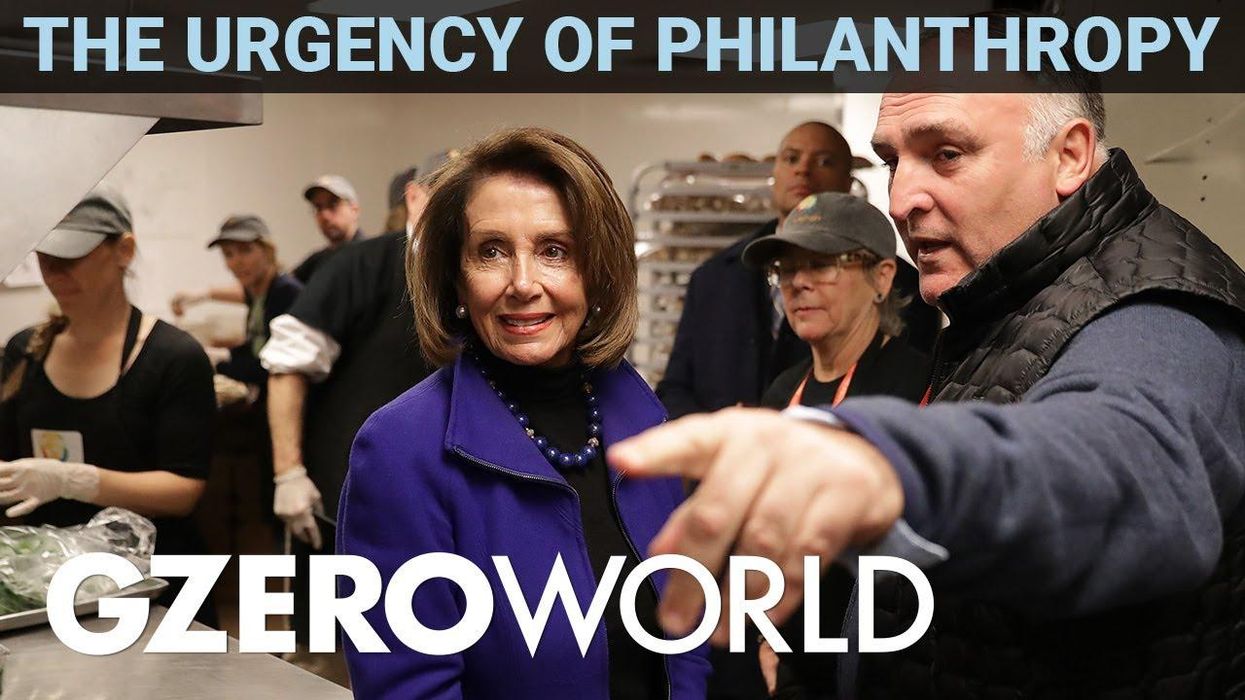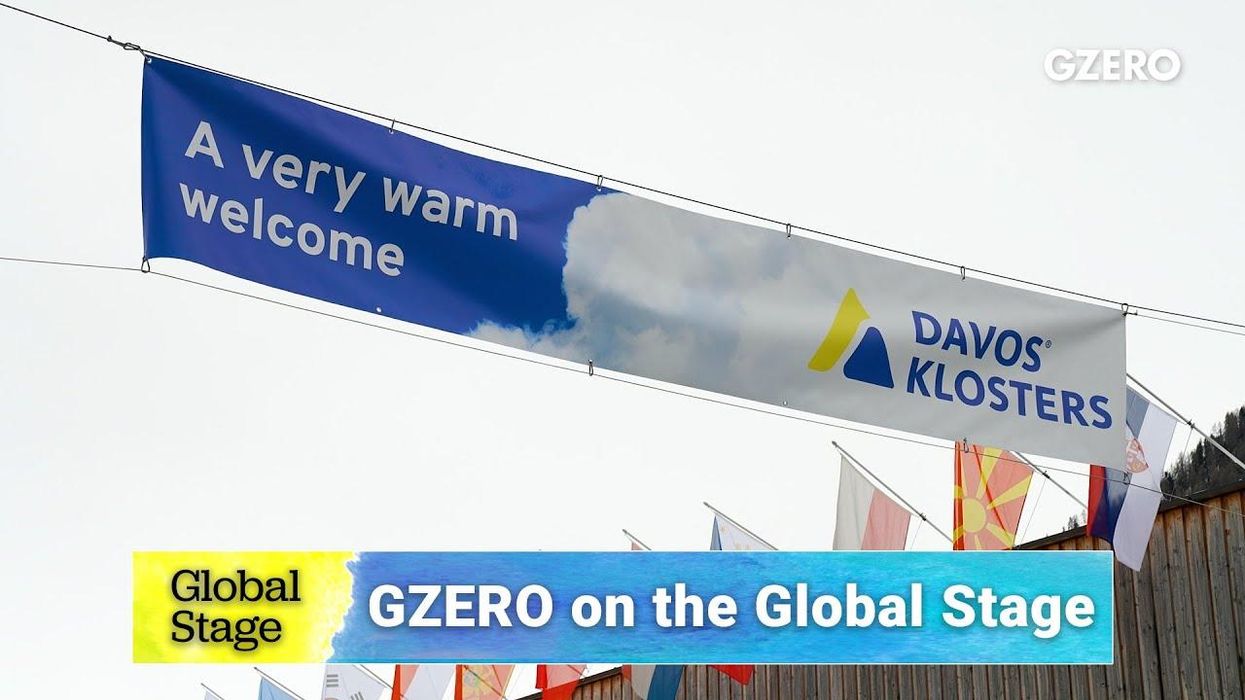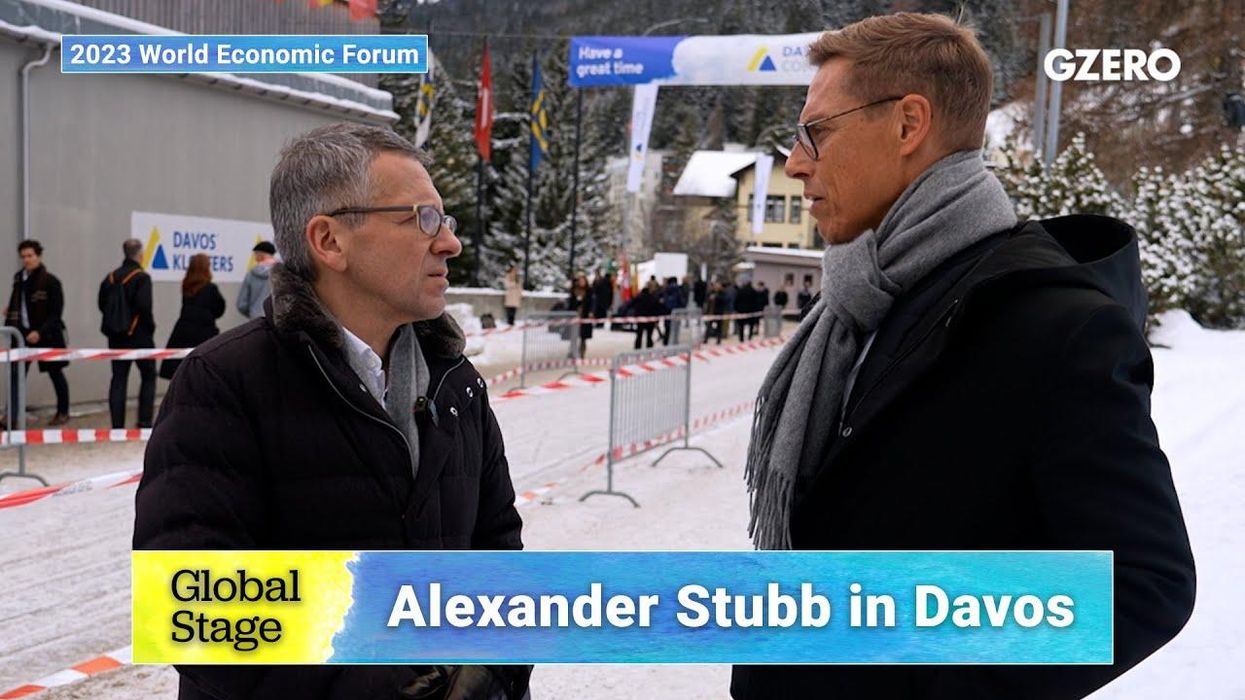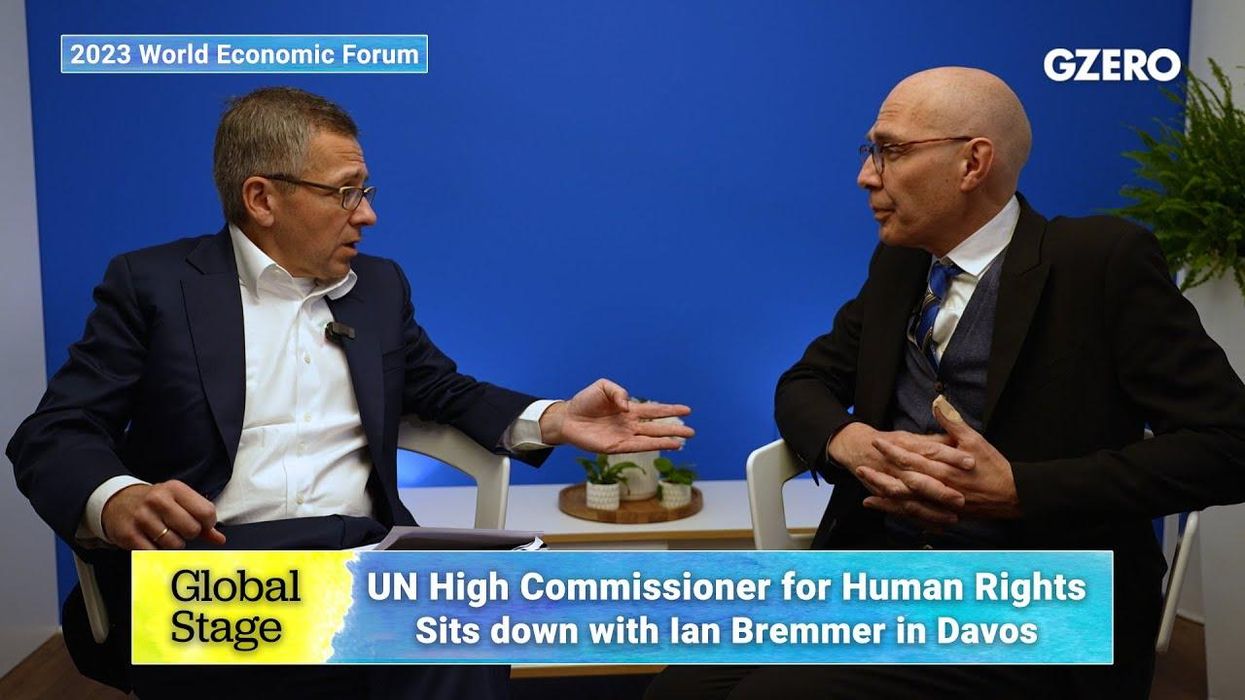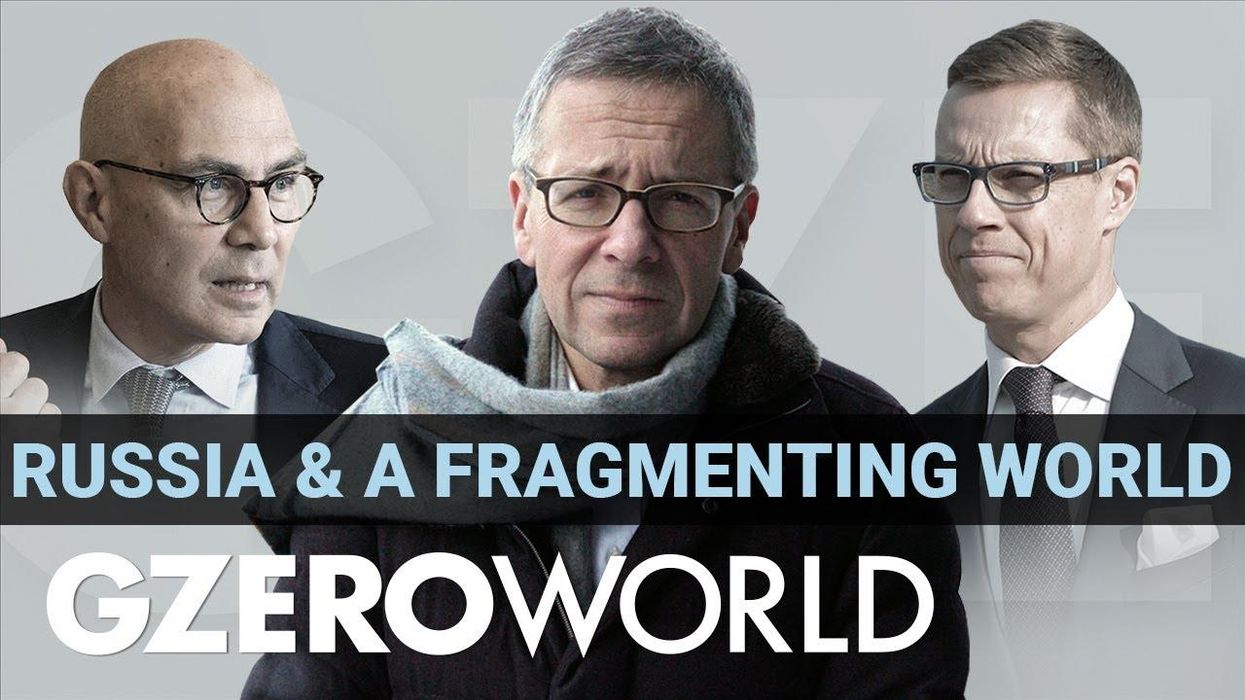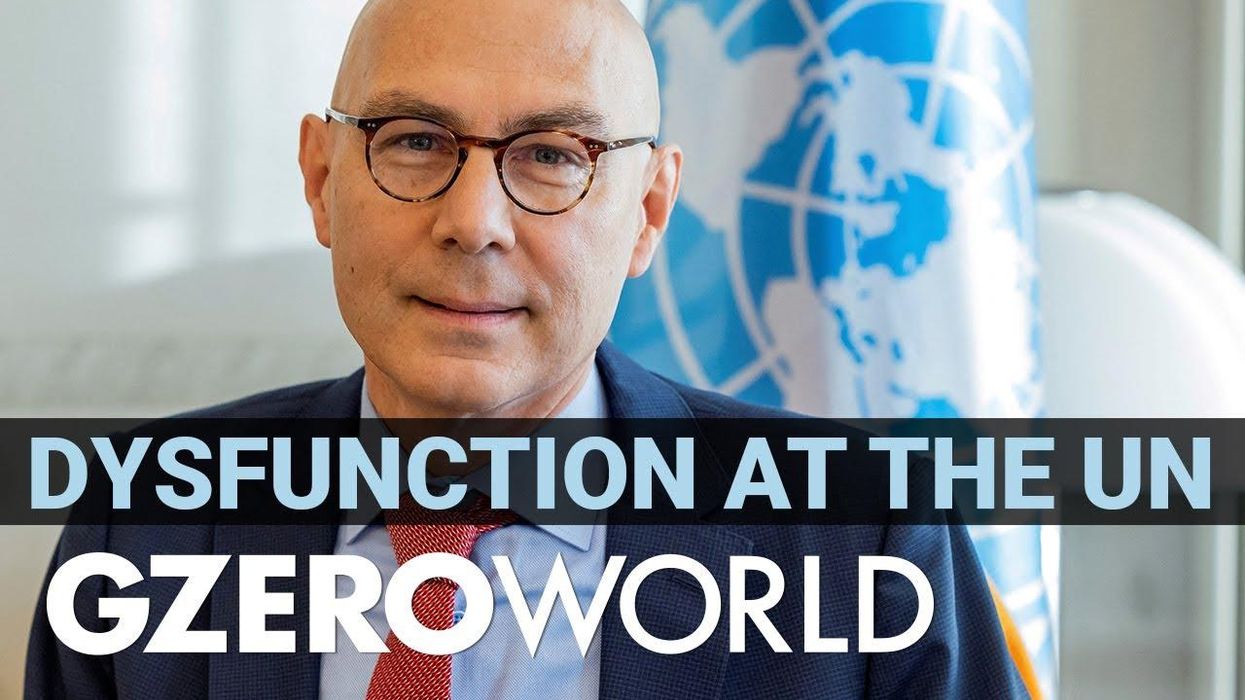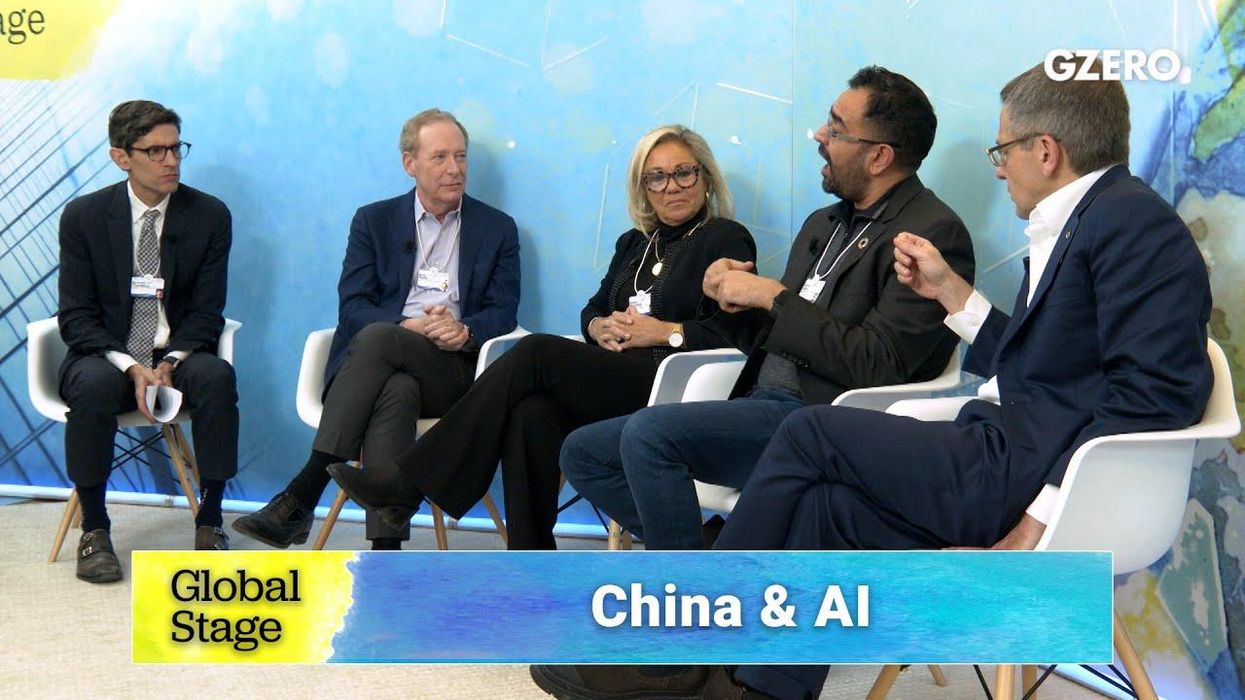GZERO World Clips
Why philanthropic foundations need to spend money (and quickly)
In today's world, where global development needs are high and seismic geopolitical events have turned back the clock on so much progress, UN Foundation President Elizabeth Cousens says its the perfect time for philanthropy to step up. Indeed, there's a lot more that can be done., Cousens tells Ian Bremmer on GZERO World.
Feb 04, 2023
